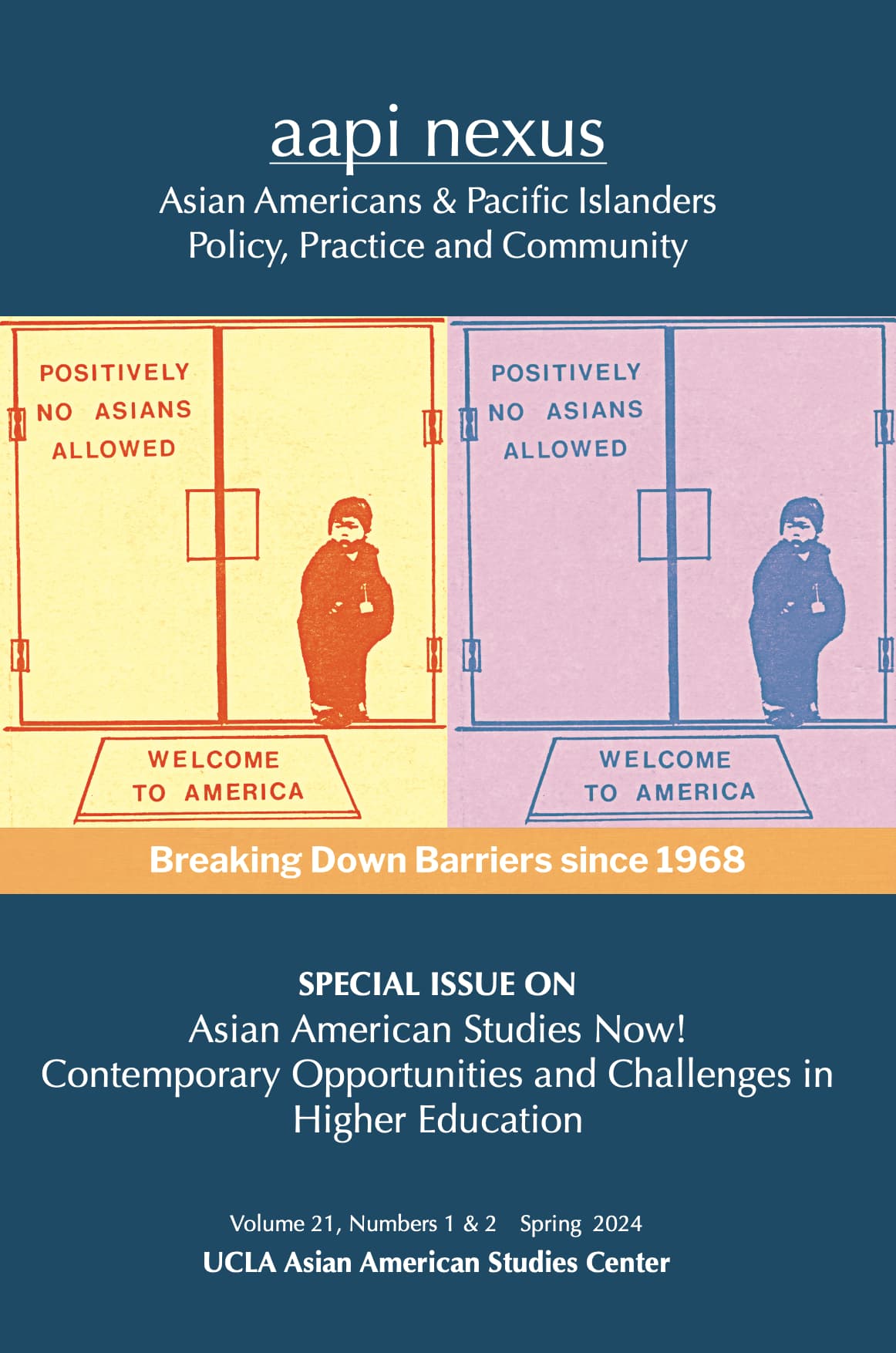Special Issue Editorial Team: Timothy P. Fong, Jocelyn A. Pacleb, and Yvonne Kwan
In Fall of 1969, the nation’s first College of Ethnic Studies was established at San Francisco State College (now University, SFSU), leading the way for establishing Ethnic Studies programs at colleges and universities throughout the United States. Over fifty years later, on August 17, 2020, California Governor Gavin Newsom signed Assembly Bill 1460 (AB 1460) requiring all students enrolled in the twenty-three California State University (CSU) campuses to take a three-unit class in Native American Studies, African American Studies, Asian Ameri- can Studies, or Latina and Latino Studies (Weber, 2020). These courses fulfill the new General Education (GE) Area F: Ethnic Studies. This new law made the CSU system the first system of higher education to mandate Ethnic Studies as a university graduation requirement (CSU, n.d.). AB 1460 came amid a growing push for Ethnic Studies in public education following Black Lives Matter protests, attention to the rise of anti-Asian violence, and calls to dismantle systemic and unconscious racism—starting in schools. This was a defining historical moment, truly a “sea change,” for Ethnic Studies and Asian American Studies; this profound transformational shift altered education to the point that it no longer resembles what it once was.
Read the Message from the Editors by Timothy P. Fong, Jocelyn A. Pacleb, and Yvonne Kwan (Adobe PDF Document)
Browse the Table of Contents (Adobe PDF Document)
Suggested Citation: Timothy P. Fong, Jocelyn A. Pacleb, and Yvonne Kwan. eds. 2024. AAPI Nexus Journal. Vol. 21, No. 1-2.
This special issue has been made possible through the generous support of The Asian American Foundation.

